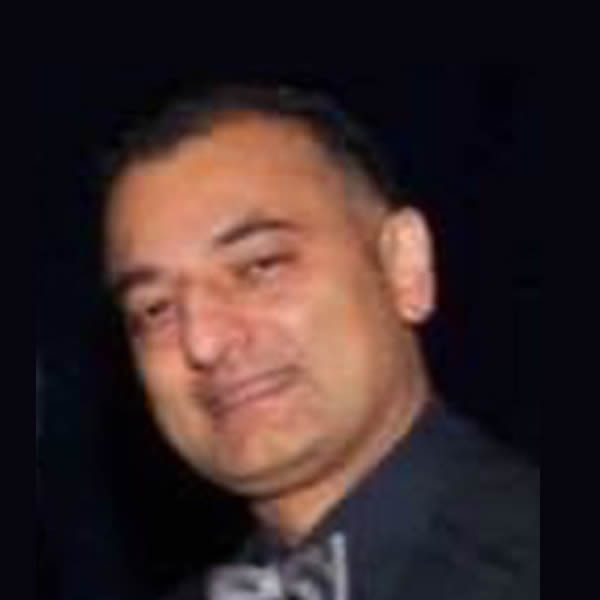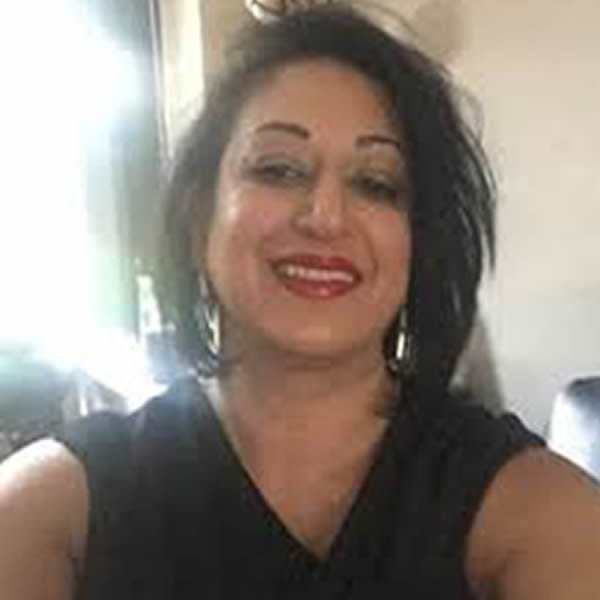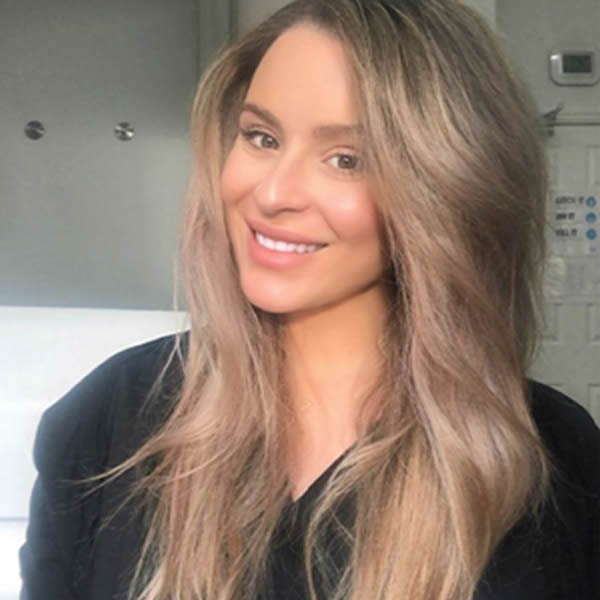Sexual Difficulties
Female sexual dysfunction occurs when a woman is not able to fully, healthily, and pleasurably experience some or all of the various physical stages the body normally experiences during sexual activity. These stages can be broadly thought of as the desire phase, the arousal phase, and the orgasm phase. Sexual dysfunction also includes painful intercourse.
In women, sexual dysfunction takes many forms and has numerous causes. It is important to address all the aspects of a woman’s sexuality – whether physical, psychological or emotional, physiological (mechanical), or interpersonal – in order to resolve the problems. Female sexual dysfunction is actually quite common. It has been estimated that about 40% of women are affected by sexual dysfunction to some degree, and approximately 1 in 4 women are unable to achieve orgasm.
Causes of Female Sexual Dysfunction
- Female sexual dysfunction may be related to physical factors, psychological factors, or a mixture of both. It can also be a matter of problems with technique: some women never fully experience sexual arousal and orgasm because they or their partners lack sexual knowledge. They may not understand how female sex organs respond or are stimulated, or don’t use appropriate arousal techniques. This is quite common amongst religions or cultures where sex is seen as dirty, and women are not expected to enjoy sex, but rather to give their bodies for men’s enjoyment. Hence, the male partner is not patient enough to learn how to pleasure and assit the woman in enjoyment of sex, and in particular assit her in achieving orgasm, as this take a good understanding of what the woman finds pleasurable and how.
Conflict, tension, and emptional “incompatibility” with a sexual partner can cause sexual dysfunction. Depression and medications for depression or other medication used in mental health, which affects mood may be a cause. Also stress a very strong, and often under – estimated contributing factor of female sexual dysfunction.
- At the same time, sexual dysfunction has a strong interpersonal component. A person’s view of their own sexuality is largely influenced by culture, society, and personal experience. It may be intimately connected to their own or society’s ideas about the appropriate or inappropriate expression of sexual behaviour. These feelings may cause anxiety because of a personal or cultural association of sexual experience and pleasure with immorality and bad behaviour. Anxiety is then expressed physically by the body in a way that prevents normal sexual function. Anxiety can do this, for example, by stopping or slowing the state of sexual excitement that allows for the lubrication or moistening of the female genitalia – an important step towards fulfilling forms of sexual activity.
- Personal character, disposition, and life experience play a role in sexual dysfunction. Fear of intimacy can be a factor in arousal problems. Experiences of abuse, either in childhood or in past or current relationships, can establish a cycle of associating sex with psychological or physical pain. Attempting sexual activity in these circumstances causes more psychological or physical pain. For example, if anxiety prevents lubrication, sexual intercourse can be painful.
- Medications, including oral contraceptives, antihypertensives, antidepressants, and tranquilizers are very common causes of sexual dysfunction. Also, the use of oral contraceptives can decrease a woman’s interest in sex, in some cases, while it may increase interest in another. Certain prescription and over-the-counter medications as well as the use of illegal drugs or abuse of alcohol may contribute to sexual dysfunction. Cigarette smoking may have a negative effect on sexual arousal in women
- Physical causes include disorders of the genitalia and the urinary system, such as endometriosis, cystitis, vaginal dryness, or vaginitis . Other conditions such as hypothyroidism, diabetes, multiple sclerosis, or muscular dystrophy can have an impact on sexual desire and ability. Surgical removal of the uterus or of a breast may contribute psychologically to sexual dysfunction if a woman feels her self-image has been damaged.
- Age – Although women can remain sexually active and experience orgasms throughout their lives, sexual activity often decreases after age 60. While part of this may be due to a lack of partners, changes such as dryness of the vagina caused by lack of oestrogen after menopause may make intercourse painful and reduce desire. After menopause, about 15% of women feel a strong decrease in sexual desire.
Symptoms of Female Sexual Dysfunction
Women who do not enjoy satisfying sexual experiences with their partners often report the following:
- lack of sexual desire (low libido)
- inability to attain an orgasm
- pain or other distress during penile penetration
- an inability to fantasize about sexual situations
- indifference to, or repulsion by, having sex
- feelings of fear or anger towards their partners
Most often, any of these responses have psychological implications. Whether the symptoms are due to physical factors, such as menopause, or have their origins in more deep-seated psychological triggers, many women are likely to feel inadequate or dysfunctional. They blame themselves for not being sexually responsive, have trouble explaining to their partners about how they feel, and experience low self-esteem as a result.
Diagnosing Female Sexual Dysfunction
Establishing the cause of sexual dysfunction is half the battle. The stage of sexual activity at which a woman is having problems may offer some clues. Other evidence may be found through physical and psychological testing. It is worth noting that before a lady, either alone, with her partner or a friend visits a clinician or professional because of sexual dissatisfaction, she has often been under considerable degree of emotional stress and anxiety for a long period of time before seeking help.
- In sexual desire disorder, a woman experiences a decreased interest in having sex. If the lack of interest is new and extends to all partners and situations, the doctor will likely consider causes such as medications, medical conditions such as depression, hormonal changes, or imbalances in certain neurotransmitters (the brain’s chemical messengers). On the other hand, sexual desire disorder may be caused by interpersonal factors if it’s confined to one partner or one situation. Loss of libido due to hormone level changes after the menopause, during pregnancy, and in the menstrual cycle can all affect the way a woman see sex.
- Sexual arousal disorder refers to a woman’s inability to become lubricated, aroused, or sexually excited, even after being sexually stimulated. This often relates to factors during the sexual interactions, such as relaxation, sexual techniques, but may also relate to problems with the functioning of the genital structures involved in sexual arousal.
- Orgasmic disorder means that a woman may enjoy sexual activity but has difficulty reaching orgasm or takes a very long time to reach orgasm. Physical causes are rare, except in cases of nerve damage in the spine. Psychological factors may range from never having learned how to have an orgasm, to unrealistic expectations from a partner, to feelings of guilt at experiencing pleasure. Orgasmic disorder is diagnosed only when a woman has no diffic ulty with arousal, only with climax.
Genophobia
Fear of sexual intercourse in known as Genophobia. A persistent and significant aversion to sexual contact can have a massive impact on a person’s entire sense of well -being, their ability to form relationships, and their level of sexual confidence and self-confidence. For women, the fear of sex may be related to dyspareunia – the act of intercourse is incredibly painful, and women with this condition often avoid intercourse.
Treating and Preventing Female Sexual Dysfunction
The first step in managing female sexual dysfunction is assessment and appropriate treatment. Physical disorders should be treated. For sexual dysfunction associated with aging and dryness of the vagina, vaginal moisturizers or estrogen treatment (such as a vaginal cream, vaginal ring, or low-dose tablet taken by mouth) can be effective.
When psychological factors are foremost, counselling from a psychiatrist, psychologist, or sex therapist may help to remove or reduce the causes. Psychotherapy may be more useful if there has been some trauma in a woman’s background, or problems that stem from stress or relationships. Therapy that includes a sexual partner is more helpful in increasing the chance of learning to experience orgasm.
To both treat and prevent sexual dysfunction, women should understand how their sex organs work and how they can respond. Activities like “Kegel exercises” can make pelvic floor muscles stronger and help women reach orgasm more easily. This is a technique that women of every age can use to enhance sexual pleasure.
To do Kegel exercises, tighten your pelvic floor muscles (these are the same muscles you use to stop the flow of urine when you’re going to the bathroom) for 3 seconds, relax for 3 seconds, and repeat 10 times. Gradually increase the time until you are tightening the muscles for 10 seconds and relaxing for 10 seconds.









Leave a Reply
Want to join the discussion?Feel free to contribute!